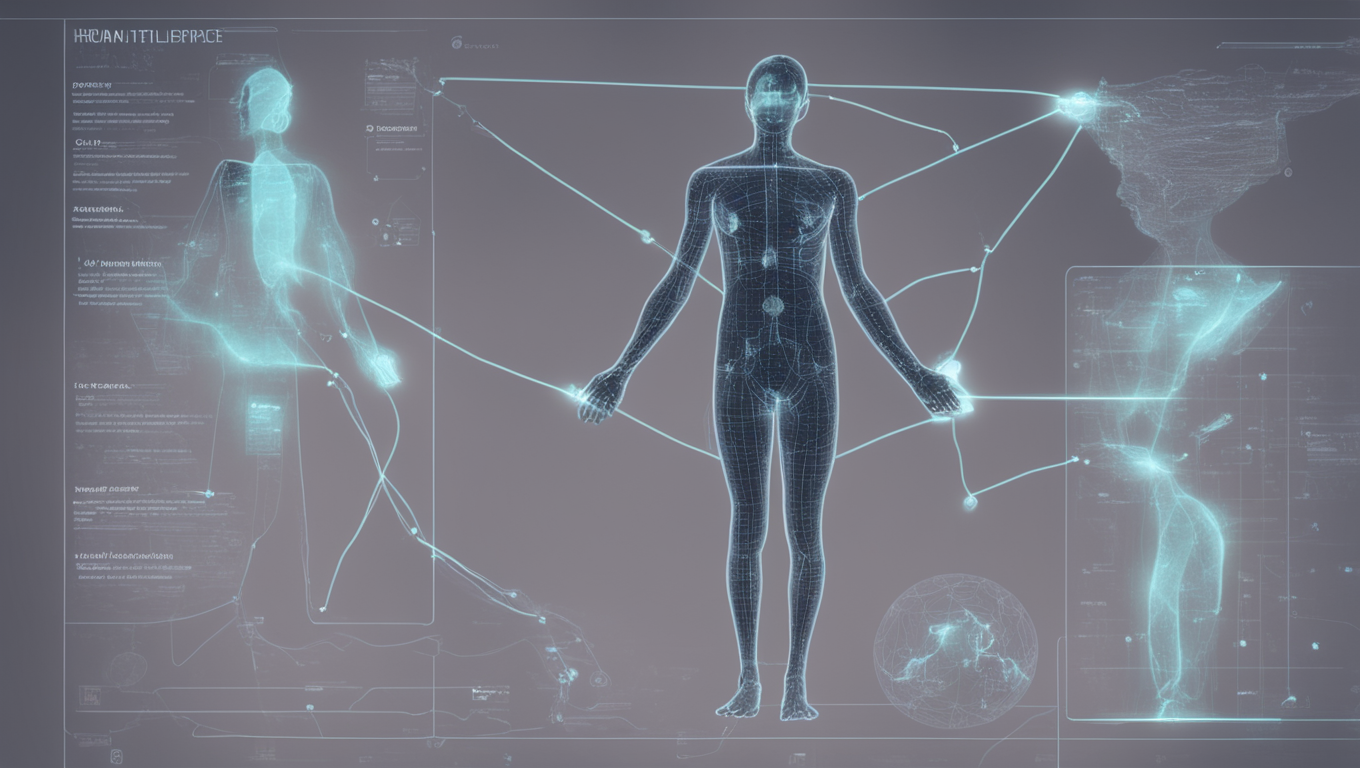Imagine a world where artificial intelligence can accurately predict when an individual will meet their end. It may sound like a plot straight out of a science fiction novel, but this particular scenario has now become a reality. Researchers in Denmark and the United States have developed an AI system called life2vec that can forecast an individual’s life expectancy with an impressive accuracy rate of over 75%.
The AI system, referred to by some as a “doom calculator,” analyzes various key details of a person’s life, including age, health, occupation, income, and other factors. By crunching data on over 6 million Danes, the AI is able to generate predictions on whether an individual will pass away within a span of four years. The researchers achieved this by training the AI on a dataset containing sentences about individuals' life events. For example, it would process sentences like “In September 2012, Francisco received 20,000 Danish kroner as a guard at a castle in Elsinore.”
To accomplish this feat, the researchers utilized the technology behind ChatGPT, specifically transformer models, to analyze and represent a person’s life as a sequence of events. Sune Lehmann, the lead author of the study titled “Using sequence of life-events to predict human lives,” explains, “We use the technology behind ChatGPT to analyze human lives by representing each person as the sequence of events that happens in their life.”
The researchers examined a diverse population of around six million Danish individuals, encompassing various genders and ages, within the time frame of 2008 to 2020. After analyzing the data, the AI identified subjects who were projected to survive for at least four years starting from January 1, 2016. The report states, “The scale of our dataset allows us to construct sequence-level representations of individual human life trajectories, which detail how each person moves through time.”
The AI’s accuracy improved over time, with it eventually becoming proficient at building comprehensive “life trajectories” for individuals, achieving an impressive accuracy rate of 78%. However, the researchers decided against revealing the predicted expiration dates to the participants, deeming it “very irresponsible.”
Interestingly, the study also found certain correlations between specific traits and lifespan. Factors such as mental illness, gender (being male), and occupation (having a skilled job) were associated with a higher likelihood of earlier mortality. On the other hand, holding leadership positions and receiving higher pay were linked to a longer life expectancy.
While the AI’s primary focus is currently on predicting mortality, its capabilities extend beyond this sphere. It can also forecast personalities and major life decisions. Lehmann suggests that life2vec has the potential to help identify factors that contribute to longer lifespans, although the researchers admit that they have not delved deeply into this aspect yet.
With the ability to predict an individual’s life expectancy, this AI system raises questions about ethics and the potential repercussions of such knowledge. Should we have access to this type of information, or is it a Pandora’s box that should remain closed? As we continue to navigate the boundaries of artificial intelligence, it becomes increasingly crucial to weigh the benefits against the potential risks and ethical implications that arise from such advancements in technology.





Use the share button below if you liked it.